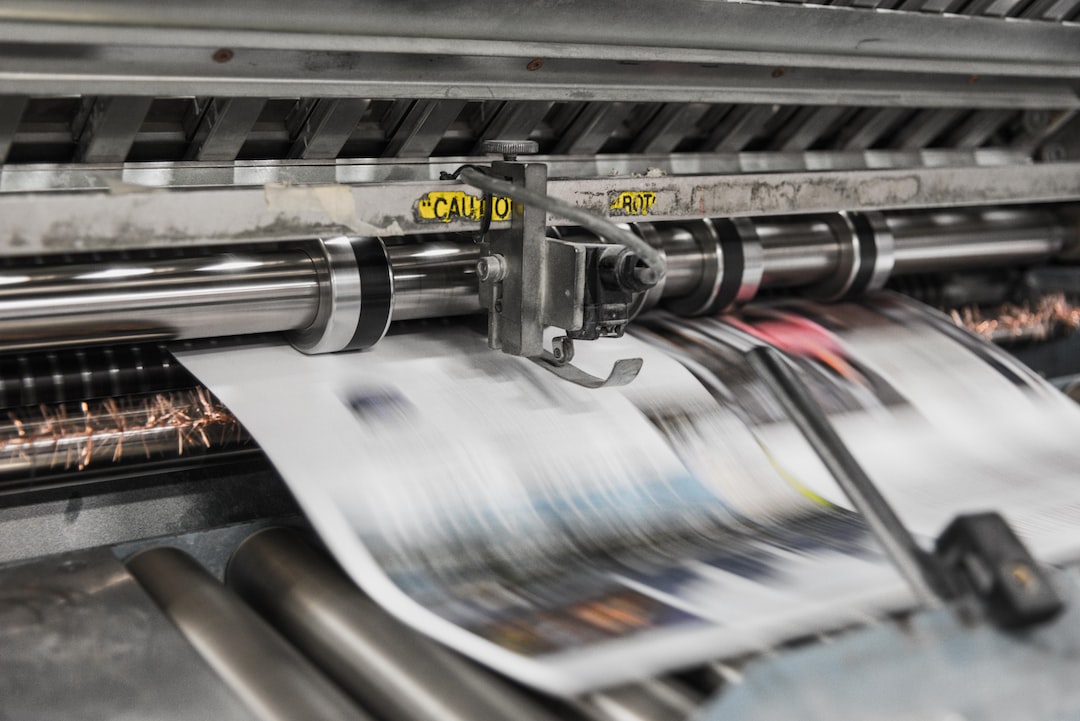The Power of Memes: How Internet Culture Influences Media
In today’s digital age, it is almost impossible to escape the influence of memes. These humorous, often sarcastic images and videos have taken the internet by storm, dominating social media platforms and transforming the way we communicate. However, memes are not just about making people laugh; they have become a powerful tool that shapes and influences media in unexpected ways.
Firstly, memes have the ability to influence the news cycle. In an era where the attention span is limited, many news stories are quickly forgotten. However, when a news event is turned into a meme, it has the potential to reach a much wider audience and remain in public consciousness for longer. Memes can condense complex information into a simple, easily digestible format, making it more relatable and shareable. This viral nature of memes often leads to widespread discussions on important topics that might have otherwise been overlooked.
For instance, the “Distracted Boyfriend” meme, featuring a man checking out another woman while his girlfriend looks on disapprovingly, has been used to comment on infidelity, jealousy, and even political scandals. By attaching a serious issue to a catchy and relatable image, memes bring attention to topics that might have otherwise struggled to gain traction. This serves as a testament to the influence and power of memes in shaping public discourse.
In addition, memes have the ability to hold individuals, brands, and institutions accountable. When someone or something makes a mistake, the internet is quick to respond with memes that satirize the situation, often using humor as a form of criticism. This form of internet vigilantism has led to significant consequences for those involved. An example of this is the United Airlines incident in 2017, where a passenger was forcefully dragged off a plane. Memes mocking United Airlines quickly flooded social media, causing significant damage to the company’s reputation. The widespread sharing of these memes highlighted the power of the internet to hold companies accountable for their actions.
Furthermore, memes have the ability to shape political discourse and even influence elections. During the 2016 US Presidential Election, memes played a prominent role in shaping public opinion. The “Pepe the Frog” meme became an unintentional symbol of alt-right ideologies, while “Pantsuit Nation” memes promoted support for Hillary Clinton. These memes tapped into the emotions and beliefs of their respective audiences, influencing their views and potentially impacting their voting decisions. This highlights the ability of memes to influence public sentiment, shape political narratives, and even determine the outcome of elections.
Additionally, memes have transformed the way in which we consume and interpret advertising. Brands now attempt to create their own memes to capture the attention of internet users and go viral. By aligning themselves with internet culture, brands are able to connect with a younger and more digitally engaged demographic. For instance, Wendy’s, a fast food chain, has gained widespread attention for its witty and sarcastic responses to customers on Twitter. This approach, which relies heavily on meme culture, has not only attracted a large number of followers but has also increased brand awareness and loyalty.
In conclusion, memes have become an integral part of internet culture and have a significant impact on the media landscape. From shaping public discourse to influencing political narratives and even shaping advertising, memes have proven to be a powerful force. As internet culture continues to evolve, so too will the influence of memes, making them a phenomenon that cannot be ignored in the modern world.

